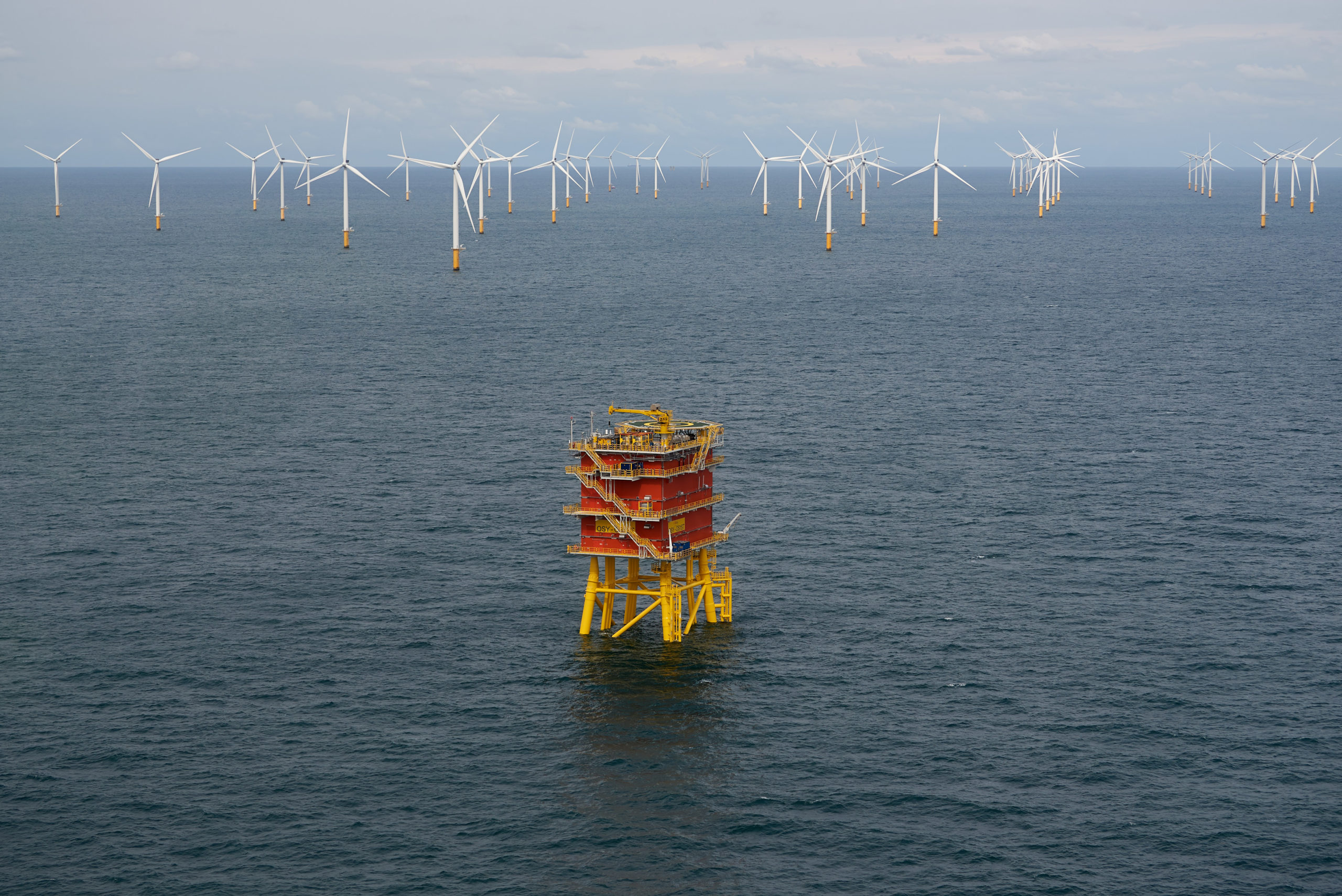
‘Wind farms to shut down once in four weekends in summer’

“Shutting down wind farms when the wind is blowing… that’s the world upside down,” Minister Van der Straeten said. “What we need are controllable gas power plants.” /Belga
The combined energy production of nuclear power plants, solar panels, and wind farms leads to an electricity surplus and lower or even negat


Comments
Ready to join the conversation?
You must be an active subscriber to leave a comment.
Subscribe Today